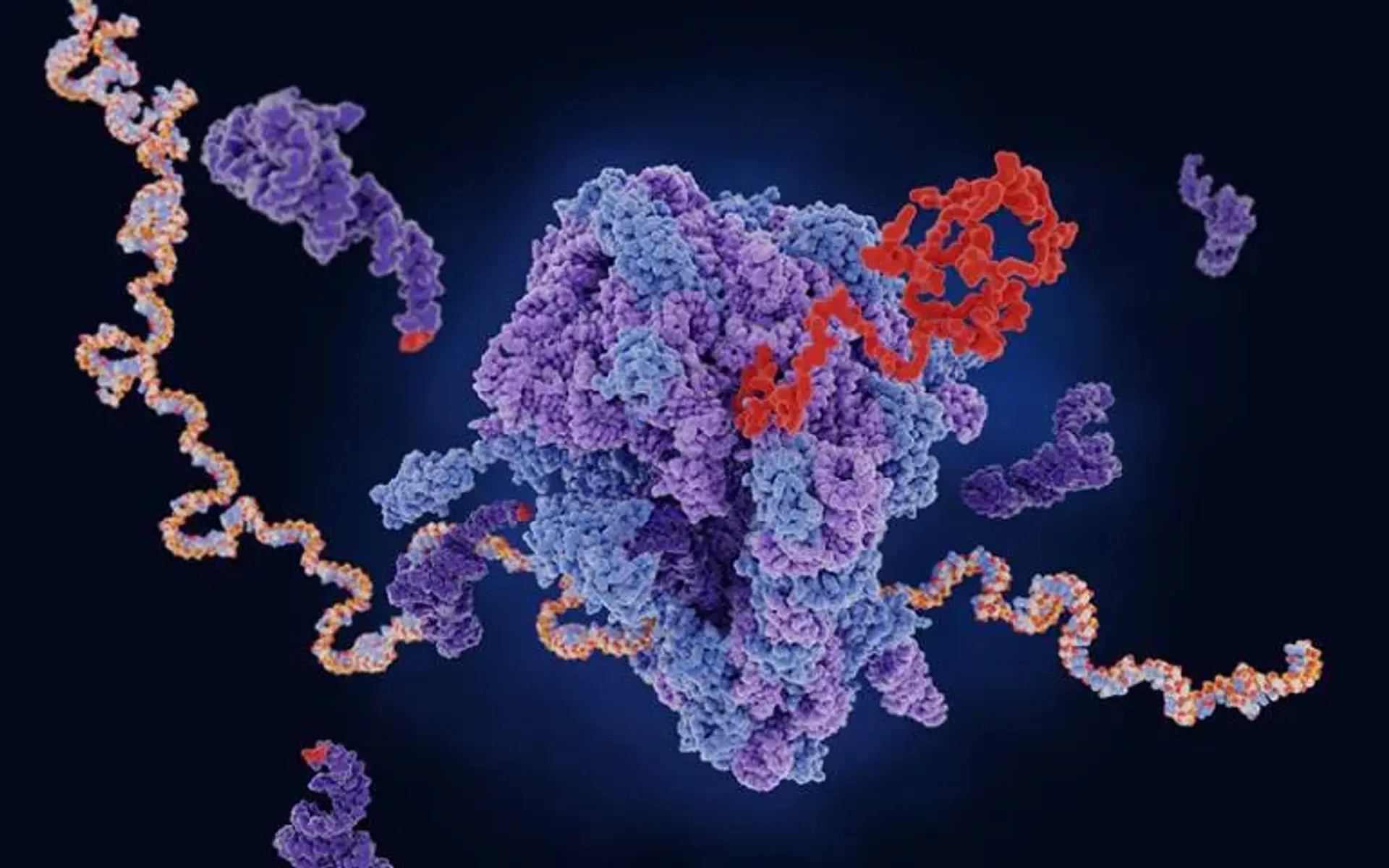A new AI tool is providing insights into the way proteins misfold in neurodegenerative diseases such as Alzheimer's and Parkinson's. The tool maps how these proteins transform into harmful structures, offering a deeper understanding of the molecular mechanisms driving these conditions. This breakthrough could pave the way for developing targeted therapies that prevent or reverse protein misfolding, potentially slowing down or halting disease progression.
The AI's ability to map misfolded proteins could accelerate drug discovery efforts. Researchers can now visualise and analyse the intricate structural changes that occur when proteins misfold, identifying vulnerable points for therapeutic intervention. By understanding the specific pathways of misfolding, scientists can design molecules that stabilise proteins in their correct form or promote the clearance of misfolded aggregates. This approach holds promise for creating more effective treatments with fewer side effects.
Ultimately, this AI-driven approach represents a significant step forward in the fight against neurodegenerative diseases. By providing a detailed understanding of protein misfolding, the tool empowers researchers to develop innovative strategies for early diagnosis, prevention, and treatment, offering hope for improved outcomes for individuals at risk of or affected by these debilitating conditions.
Related Articles

AI Boosts Fossil Fuel Use
Read more about AI Boosts Fossil Fuel Use →
Notion Intros AI Email Client
Read more about Notion Intros AI Email Client →
Apple Enhances AI Model Training
Read more about Apple Enhances AI Model Training →
OpenAI acquires Context.ai team
Read more about OpenAI acquires Context.ai team →
